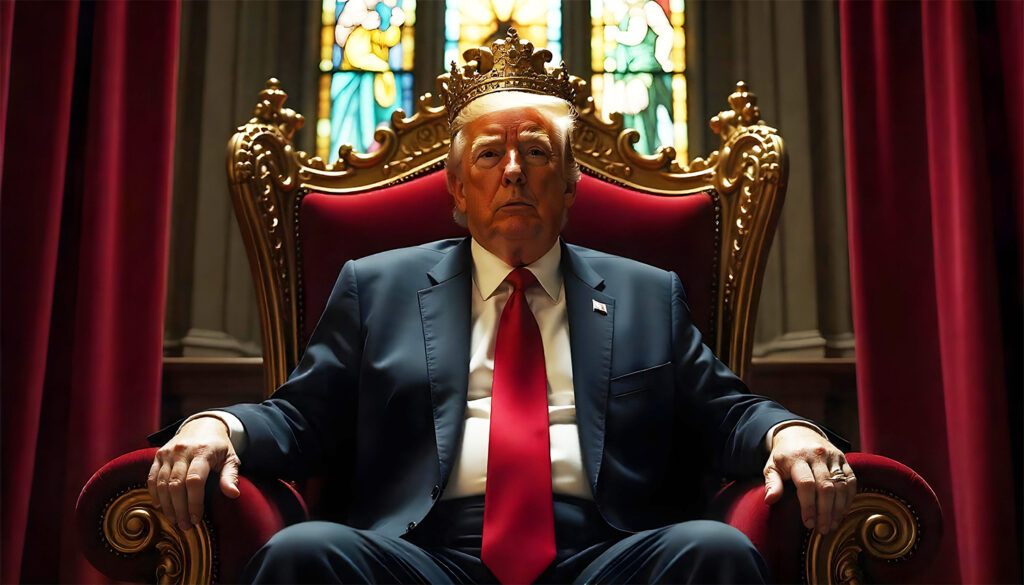Projecting from Paranoia
Mark Olbert

Paul Krugman — whom you should really follow if you don’t already — posted an interesting piece on BlueSky recently, The Paranoid Style in American Politics. It suggested a connection between paranoia and projection which had escaped me, even though I’ve spent a lot of time musing separately about delusional paranoia and projection over the years.
Paranoia is the sense that someone or some group is out to harm you, to get you, in the absence of objective information. Fear when a person points a gun at you isn’t paranoia, because observation shows you are at risk. Fear that some unknown and unidentified party or parties is going to do you harm very likely is paranoia, because the “observation” supporting the feeling is purely internal to you.
Paranoia likely exists in our species because it has survival value. Wondering what might come at you from over the horizon, or what the intentions of strangers arriving in your midst actually are, no doubt played an important role in helping early humans survive, particularly in areas of low population density.
But it becomes less and less useful as population density increases, because the number of interactions among strangers explodes. If everyone living in New York City allowed their “instinctual paranoia” to be triggered, they’d likely either all go insane, or be constantly fighting each other, or both. What replaces it, in terms of survival value, are socialization, norms, laws and regulations and law enforcement.
This is similar to what likely causes many of us1 to struggle with our diet and weight. Foods like fats are tasty and desirable precisely because you need a certain amount of them in a healthy diet…but they’re hard to get in primitive conditions. Most fats come from animals, who have this thing about being killed and eaten which causes them to fight like crazy when they’re hunted. Now that we can deliver tons of tasty fats wherever we want, what was an important drive morphs into a health risk.
Paranoia poses a special risk because you can lose yourself fretting about all the things that might possibly go wrong, even in low population density environments. But it holds a special attraction, because it appears to be able to explain everything. Data that doesn’t fit the paranoid delusion can simply be ignored or wished away. Trump cultists are simply the latest group to practice this behavior at scale.
Like avoiding cognitive dissonance, projecting paranoiac beliefs is common, and for the same reason: it’s easier, and more comfortable, to assign blame to others than yourself. Instead of having to make tough choices yourself, you merely need to constrain the behavior or choices of others.
It’s pretty clear to me that Trump suffers from fairly severe delusional paranoia. Just consider his fixations with being killed by sharks, or the dangers posed by wind turbines, or any one of a number of other irrational notions he comes back to again and again. Which means we should expect him to be a past master at projection.
And he is. Objective evidence that he engaged in a not-too-hidden conspiracy to overthrow the results of the 2020 election inevitably led him to claim that Obama, Clinton and Biden were all involved in similar conspiracies directed at him. Similarly, in weaponizing his Justice Department against his opponents — which he is pursuing with a vengeance — he’s just doing what he sincerely — and delusionally — believes others in power have already done to him.
Normally the body politic acts to constrain this kind of delusional paranoia and projection, by isolating the individuals displaying it. We all tend to walk around the crazy guy ranting out his delusional fantasy when we encounter him. But don’t expect those Americans2 who have opted to join the Cult of Trump to understand this. The one sure thing you can count on from a cultist is unwavering devotion, however idiotic it might be, to Dear Leader. Who can never be wrong, because that might mean the belief system they’ve joined might also be wrong.

